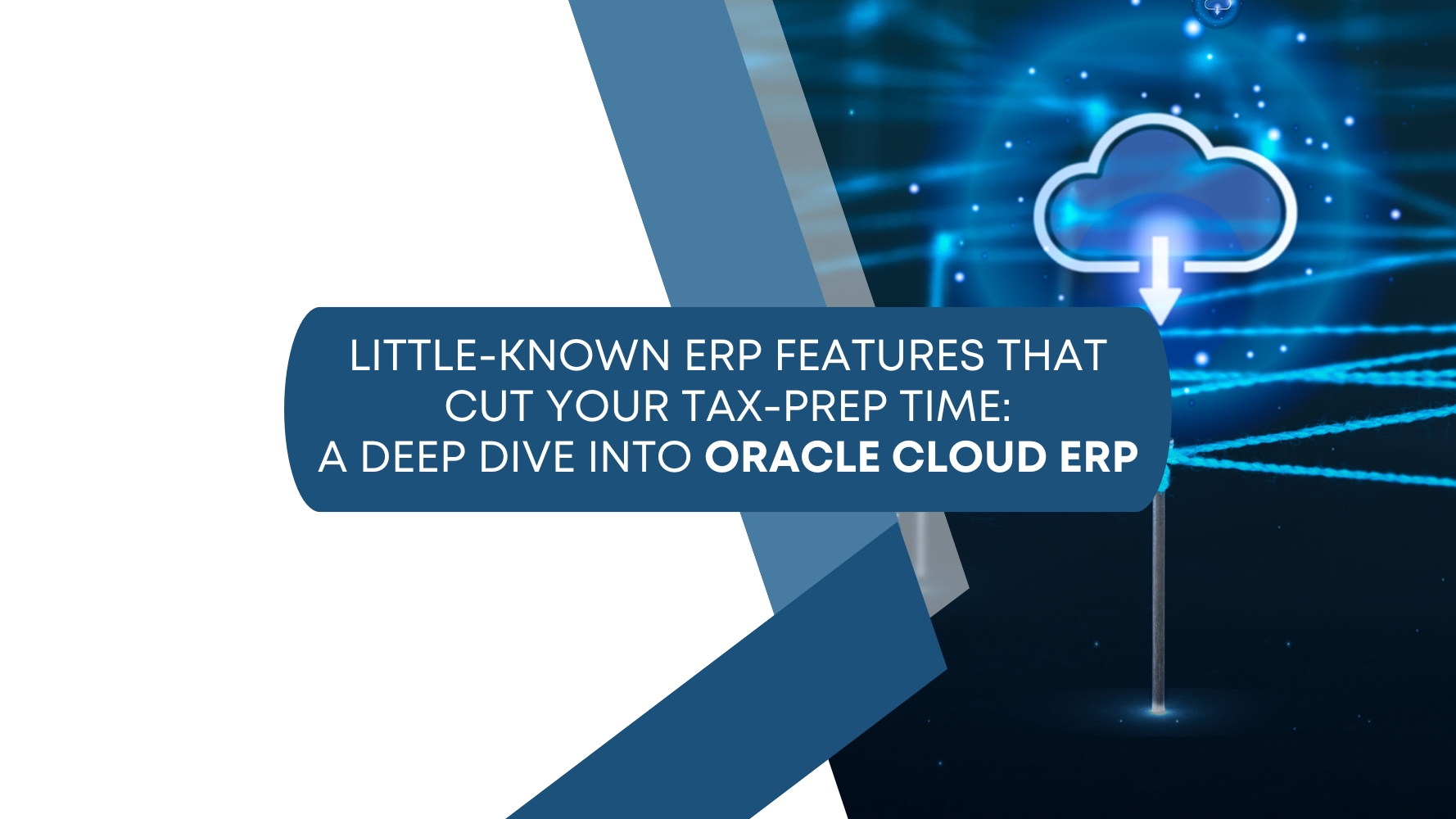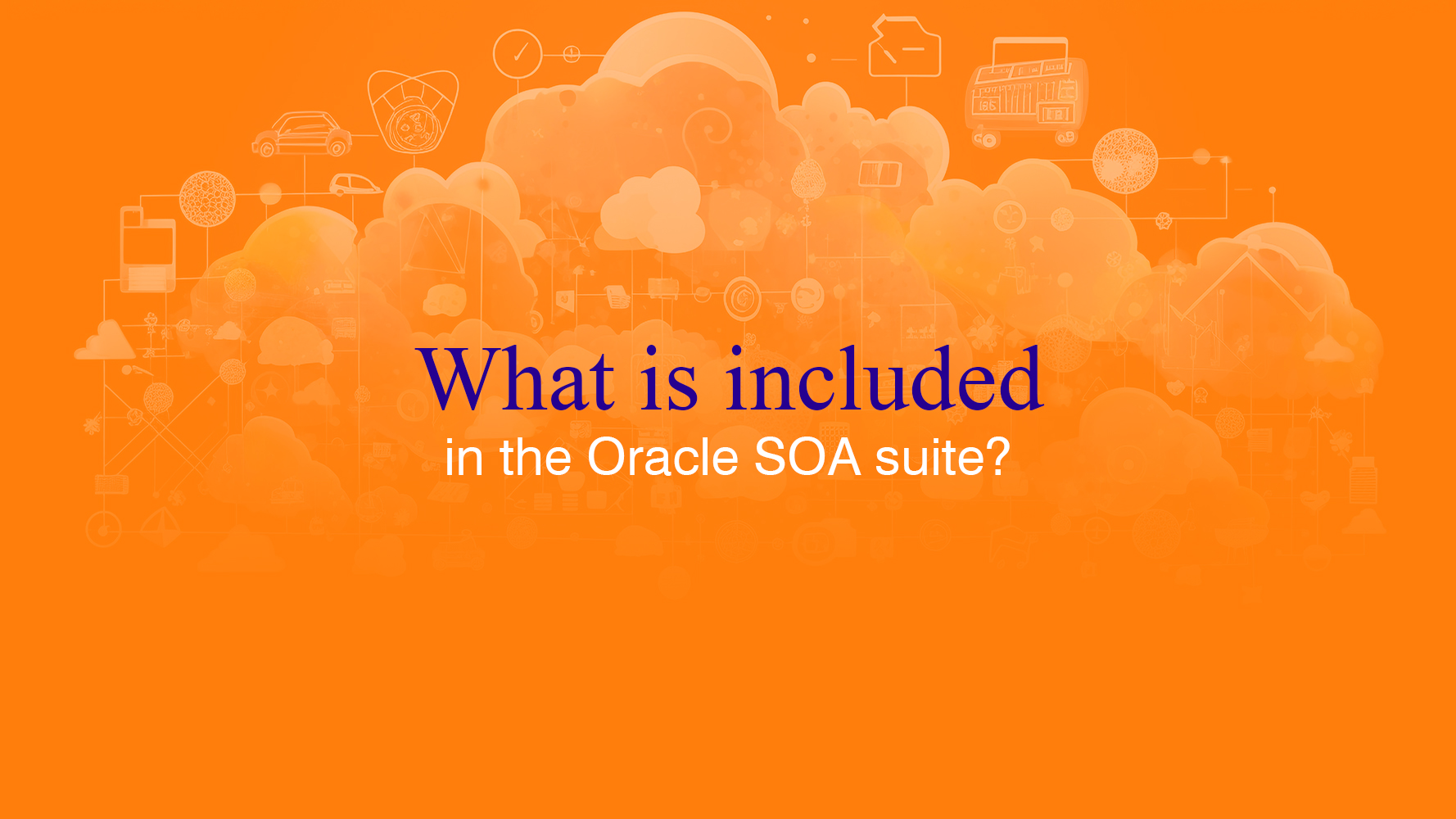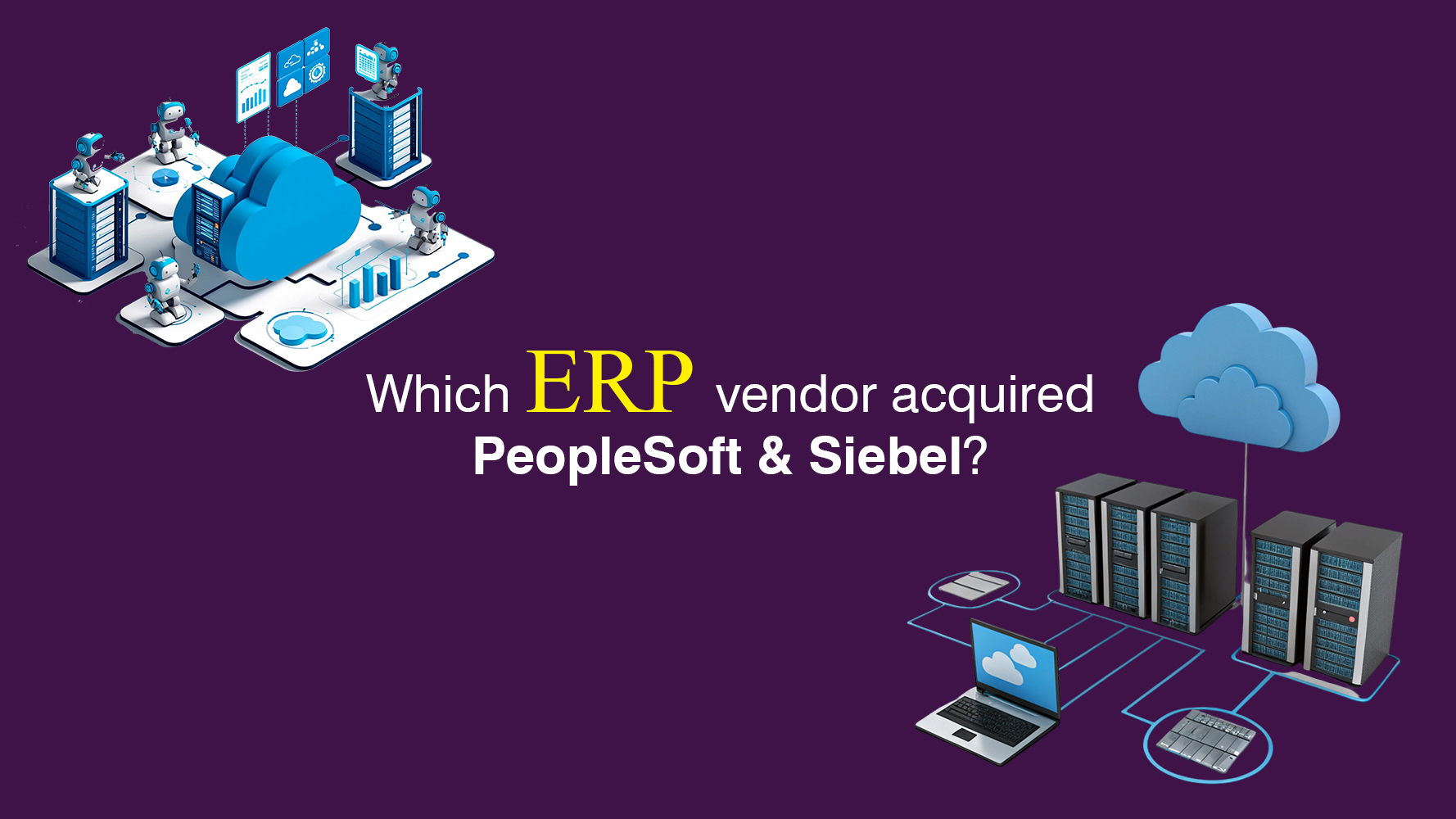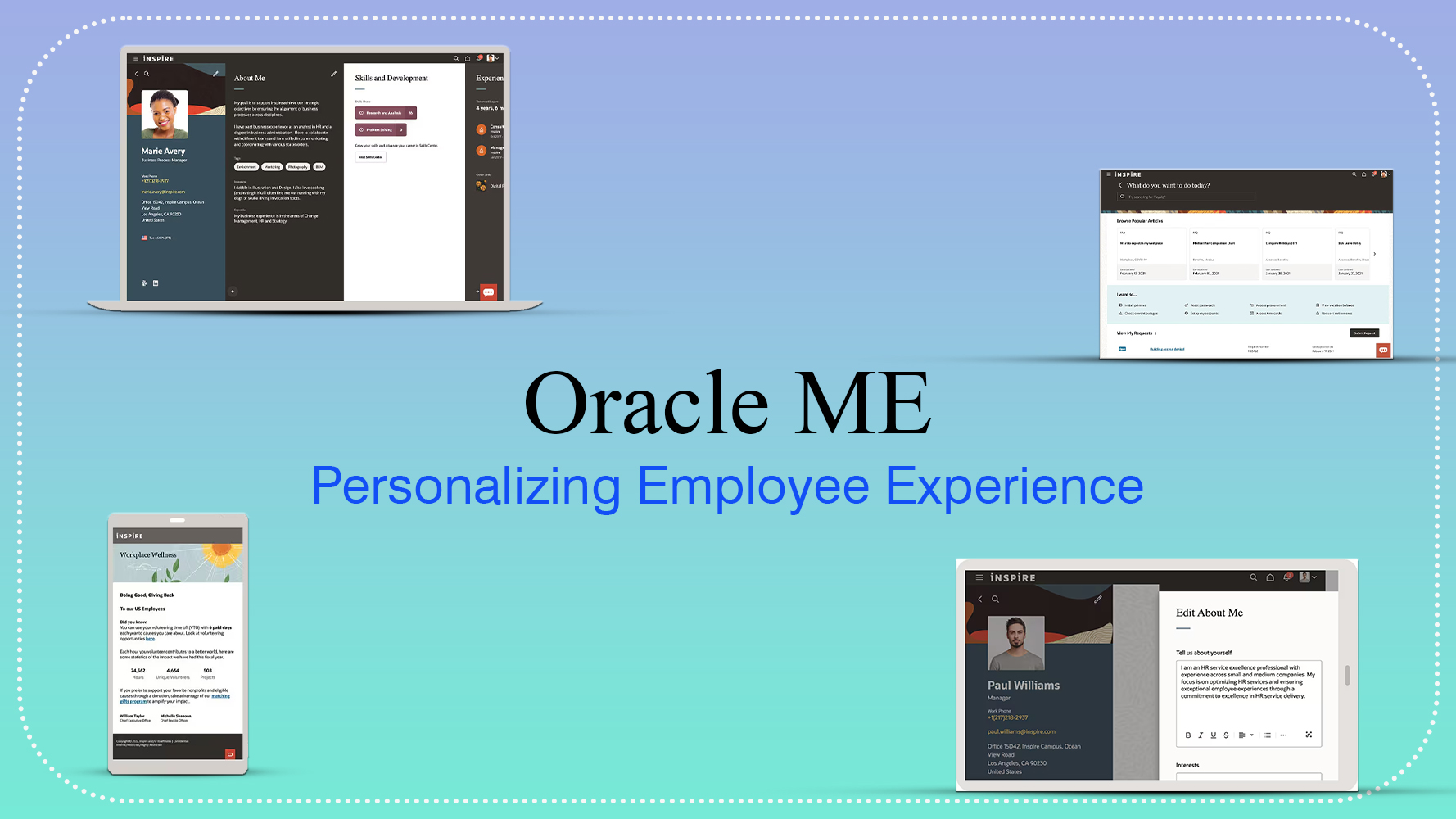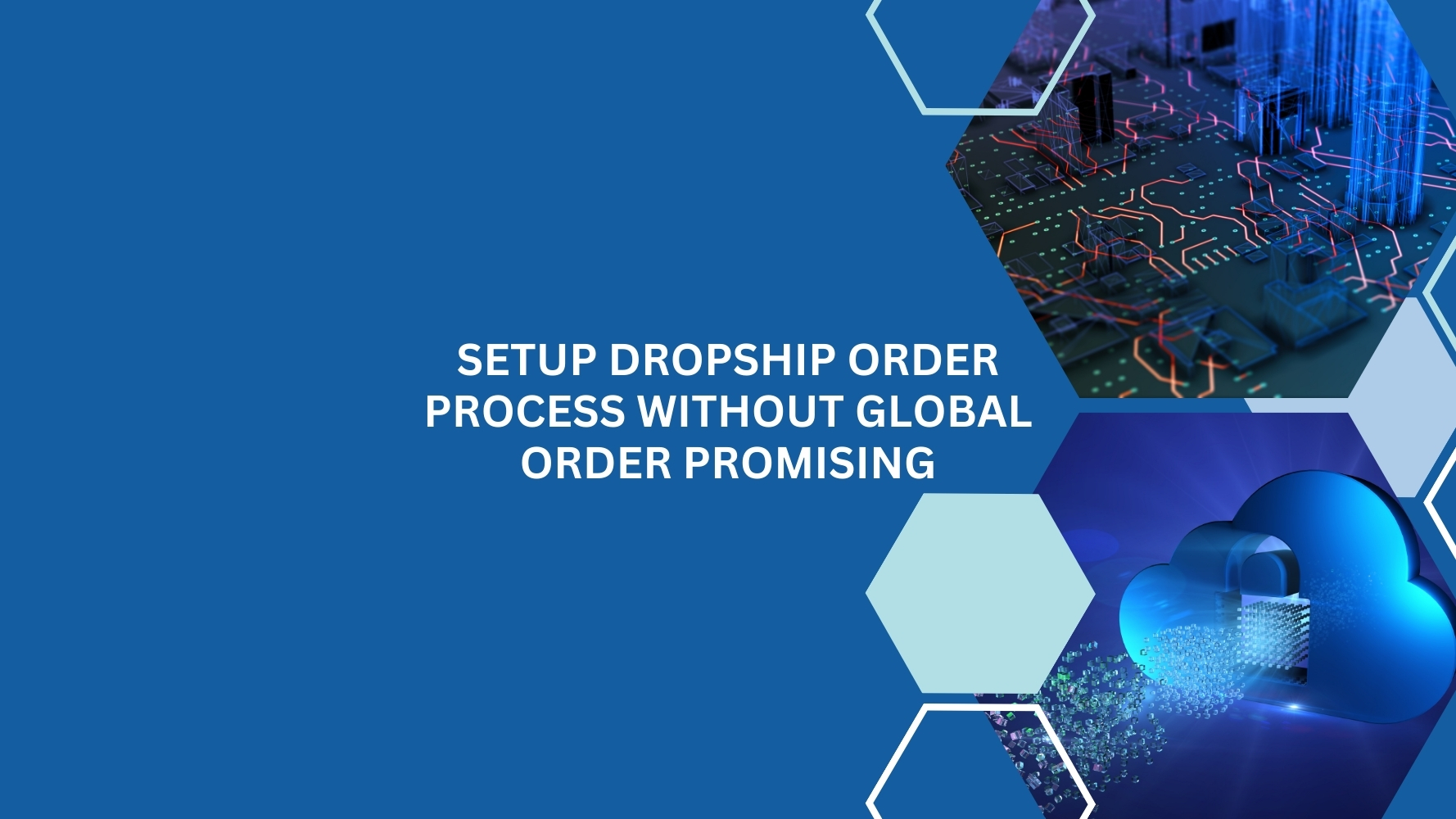Preparing for tax season can be daunting, especially for businesses managing vast amounts of financial data. Yet, for those leveraging the power of Oracle Cloud ERP, this process can be significantly streamlined. Many users are familiar with the core functionalities of Oracle Cloud ERP, Oracle Cloud Applications, Oracle Analytics Cloud, Oracle Cloud Infrastructure, and Oracle Fusion Cloud. However, some lesser-known features can specifically enhance tax preparation, saving valuable time and reducing the risk of errors.
In this blog, we’ll explore these little-known ERP features that can make your tax preparation smoother and more efficient.
1. Automated Tax Calculation and Reporting
Oracle Cloud ERP offers an automated tax calculation engine that can handle various tax rules, jurisdictions, and compliance requirements. This feature is not just about calculating sales tax or VAT; it’s a comprehensive solution that can manage diverse tax scenarios, including local, state, and international tax obligations.
Key Benefits:
– Real-time tax calculation: With automated tax calculation, you can reduce manual input and the risk of errors. The system automatically calculates taxes based on pre-configured rules, updated regularly to comply with changing tax laws.
– Accurate tax reporting: The system generates tax reports compliant with regulatory requirements, ensuring you have the necessary documentation ready for tax filings.
This feature can significantly reduce the time spent manually calculating taxes and preparing reports, allowing your finance team to focus on more strategic tasks. Moreover, by automating these processes, you can potentially save on the costs associated with manual tax preparation
2. Advanced Analytics with Oracle Analytics Cloud
Oracle Analytics Cloud integrates seamlessly with Oracle Cloud ERP, providing advanced analytics capabilities that can be crucial during tax season. It allows for detailed analysis of financial data, giving insights into tax liabilities, cash flows, and profitability.
Key Benefits:
– Customizable dashboards: Create tax-specific dashboards highlighting key metrics, such as tax liabilities by region or product line. This provides a clear view of your tax position at any point in time.
– Predictive analytics: Use predictive analytics to forecast tax liabilities, helping you make informed decisions about tax strategies and cash management.
Leveraging these analytics tools means you can proactively manage your tax obligations rather than just reacting to them, ensuring you’re always ahead of the curve.
3. Global Tax Management with Oracle Fusion Cloud
For multinational companies, managing taxes across different jurisdictions can be complex. Oracle Fusion Cloud’s Global Tax Management feature simplifies this process by providing a centralized platform to manage tax policies, rates, and regulations across all regions of operation.
Key Benefits:
– Consistent tax policy enforcement: Ensure consistency in tax policy enforcement across different locations, which reduces the risk of non-compliance and penalties.
– Localized tax configurations: Tailor tax configurations to meet local requirements, enabling accurate tax reporting in every jurisdiction where your business operates.
This feature is particularly valuable for businesses operating globally. It provides a unified approach to tax management, reducing the need for multiple disparate systems.
4. Tax Sensitivity Analysis
Oracle Cloud ERP includes tools for conducting tax sensitivity analysis, allowing businesses to assess how tax scenarios impact their financials. This feature is especially useful for strategic planning and decision-making.
Key Benefits:
– Scenario modeling: Model various tax scenarios to understand the potential impacts on your business. For instance, analyze how changes in tax rates or regulations might affect your bottom line.
– Optimized tax strategies: Use the insights gained from scenario modeling to optimize your tax strategies, such as adjusting pricing or operational models to minimize tax liabilities.
Tax sensitivity analysis provides a strategic edge, allowing you to anticipate changes and adjust your tax planning accordingly.
5. Compliance Monitoring and Alerts
Compliance is a critical aspect of tax preparation. Oracle Cloud ERP’s compliance monitoring features help ensure your business adheres to tax regulations, avoiding costly penalties and audits.
Key Benefits:
– Automated compliance checks: Regularly monitor transactions against compliance requirements. If a potential issue is detected, the system alerts you immediately, allowing for quick resolution.
– Audit-ready documentation: Generate audit-ready documentation that aligns with compliance standards, making handling any inquiries from tax authorities easier.
Leveraging these compliance tools can help you maintain peace of mind, knowing that your tax processes are continuously monitored and compliant.
6. Real-Time Data Integration with Oracle Cloud Infrastructure
Oracle Cloud Infrastructure (OCI) is crucial in integrating real-time data across various systems, ensuring your tax preparation is based on current information. This feature reduces the time lag typically associated with data consolidation and reporting.
Key Benefits:
– Seamless data integration: OCI integrates data from various sources, such as sales, procurement, and finance, into a single system. This integration ensures that your tax calculations are always based on the latest data.
– Improved data accuracy: Real-time data integration minimizes the risk of errors that can occur when data is manually transferred between systems.
Having access to up-to-date data allows you to make more informed tax decisions and reduce the time spent reconciling reports.
7. Enhanced Data Security and Privacy
Tax data is highly sensitive, and ensuring its security is paramount. Oracle Cloud ERP and Oracle Cloud Infrastructure offer robust security features that protect your financial data from unauthorized access and breaches.
Key Benefits:
– Data encryption: All data is encrypted at rest and in transit, providing high security for your tax-related information.
– Access controls: Define access controls to restrict who can view or edit tax data, ensuring that only authorized personnel have access.
Enhanced security measures protect your data and help you meet regulatory requirements related to data privacy and security.
8. Automated Reconciliation with Oracle Cloud Applications
One of the most time-consuming aspects of tax preparation is reconciling accounts to ensure accuracy. Oracle Cloud Applications offer automated reconciliation features that automatically match transactions and identify discrepancies.
Key Benefits:
– Reduced manual effort: The automated reconciliation process minimizes the manual effort involved in matching transactions, significantly speeding up the process.
– Improved accuracy: By automatically detecting discrepancies, you can quickly address issues before they escalate, ensuring that your financial data is accurate and reliable.
Automated reconciliation tools can drastically reduce the time spent preparing for taxes by ensuring that your accounts are always up-to-date and accurate.
Conclusion
Oracle Cloud ERP and its associated platforms provide a suite of powerful yet often overlooked features that can revolutionize how your business approaches tax preparation. From automated tax calculations and advanced analytics to global tax management and compliance monitoring, these tools are designed to reduce the time and effort spent on tax-related tasks, allowing you to focus on growing your business.
By leveraging these little-known features, you can streamline your tax processes and gain a strategic advantage through better planning and decision-making.
Ready to simplify your tax preparation?
Connect with our Oracle experts at Tangenz for all your queries and discover how Oracle Cloud ERP can transform your tax strategy.
